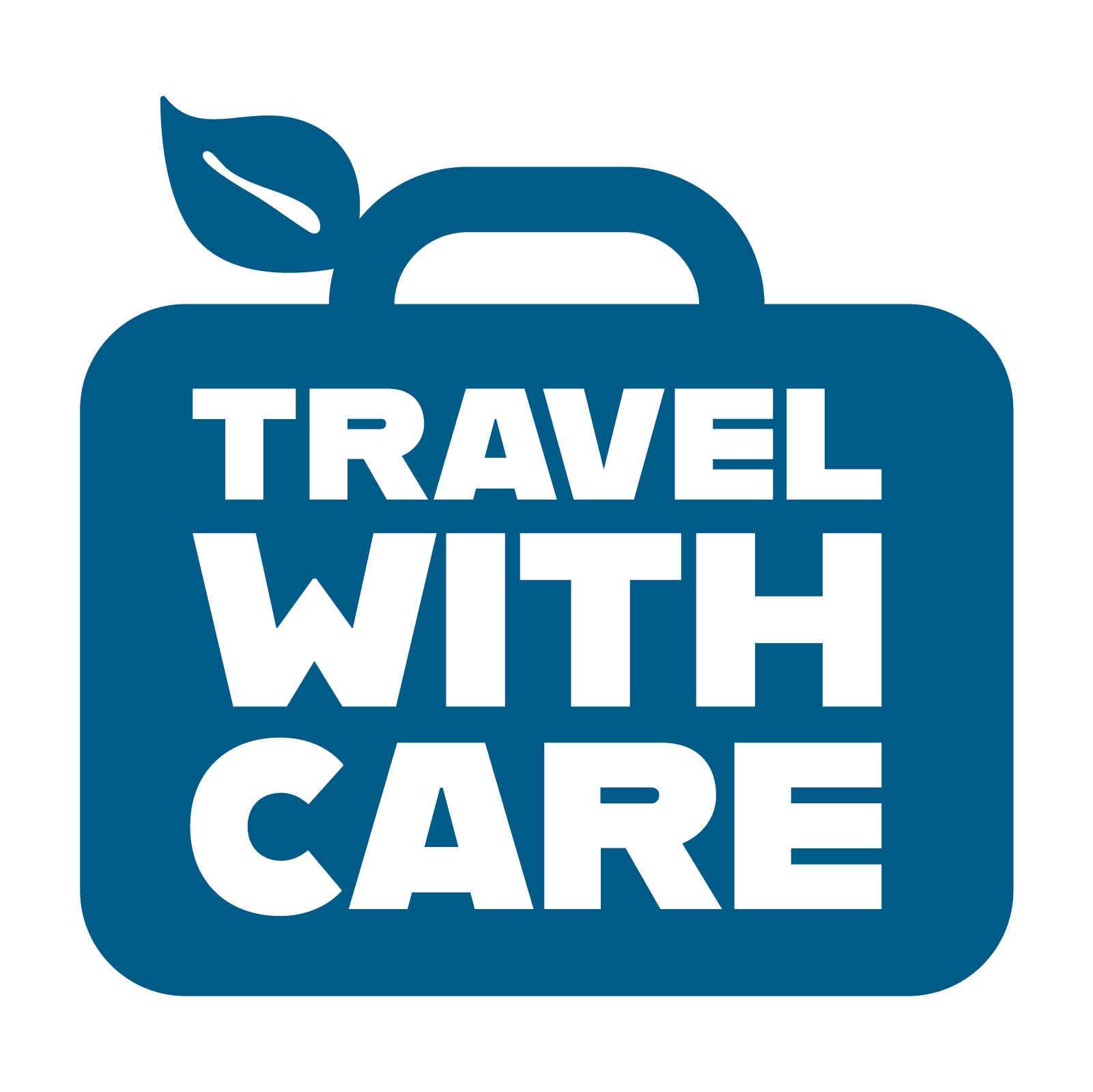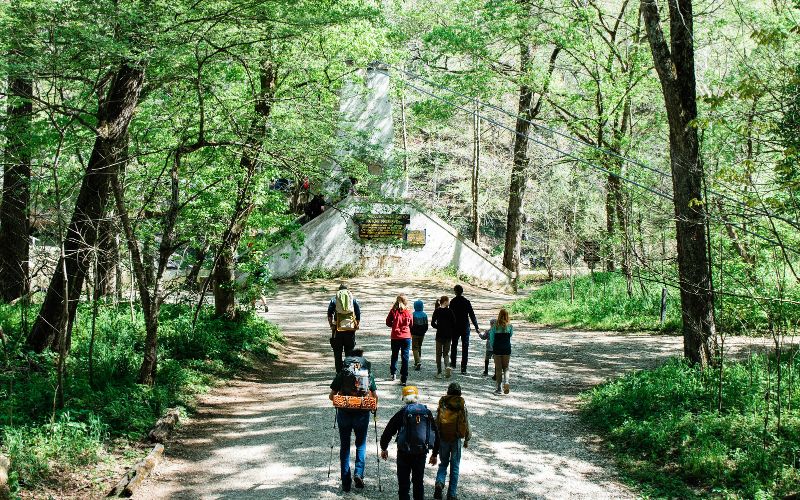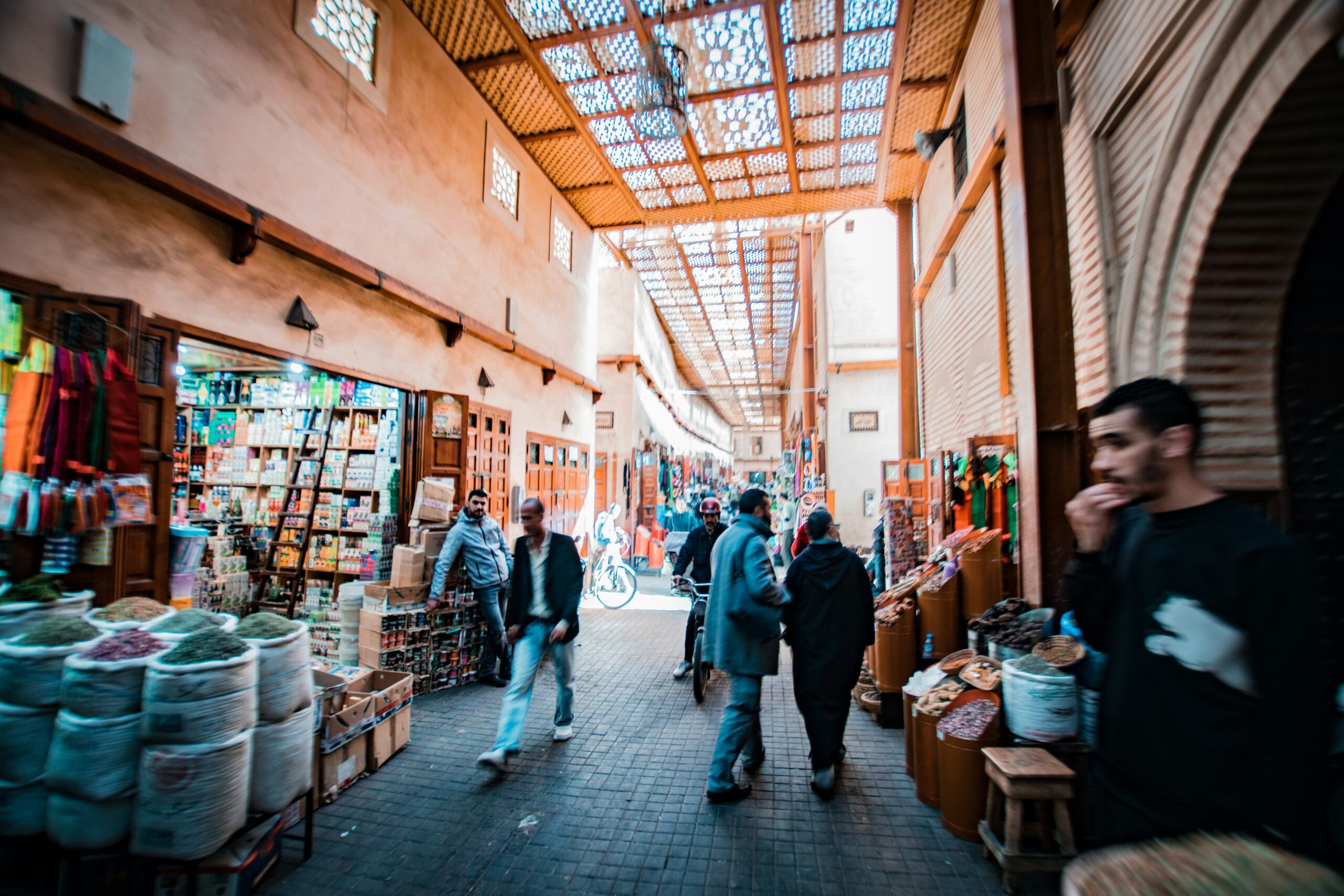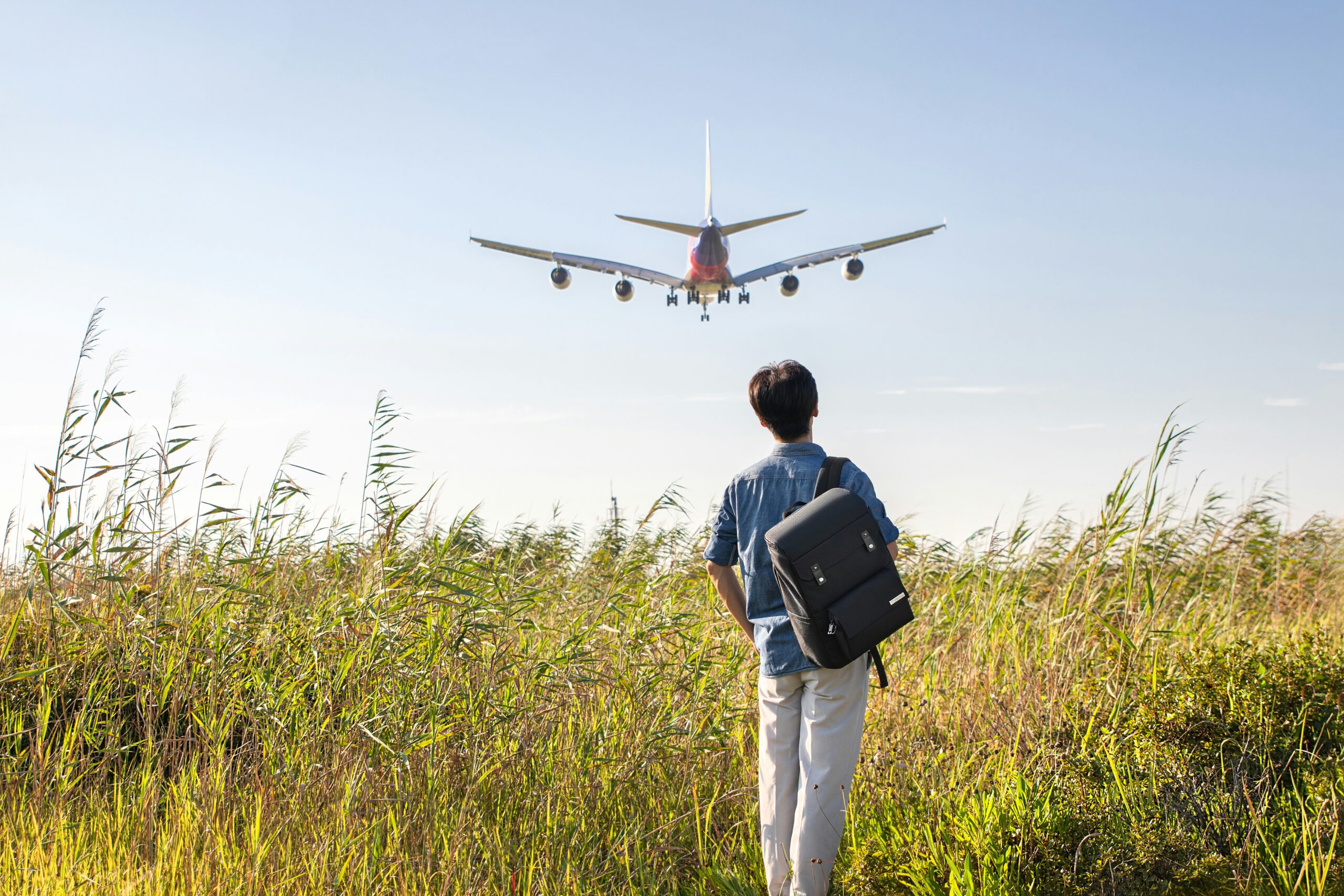Guidelines to Develop Your Own Responsible Traveler Education
8 messages to consider including in your custom responsible traveler education
For destinations, businesses, or organizations that wish to develop their own customized messaging and communications, we summarize below the 8 areas of messaging that you may wish to include in your responsible traveler education. For each guideline, we provide background information, supporting research (where available), and examples of programs that include this type of messaging.
Starting with our work on the ‘Travel Care Code in 2010, we have reviewed and summarized the responsible traveler messaging from hundreds of organizations and destinations. We have also reviewed the available industry and academic research on what has the greatest positive impact – on visitors’ behavior and on environmental or community outcomes. These 8 areas of possible messaging are introduced in the guidelines below – to help develop your own program, or available in a ‘Ready to Use’ version for you to quickly customize with your own logo and use for free.
We welcome comments and feedback on these 8 areas of messaging – edits or additions we should consider to make them clearer and more informative. Please contact us with any suggestions.
